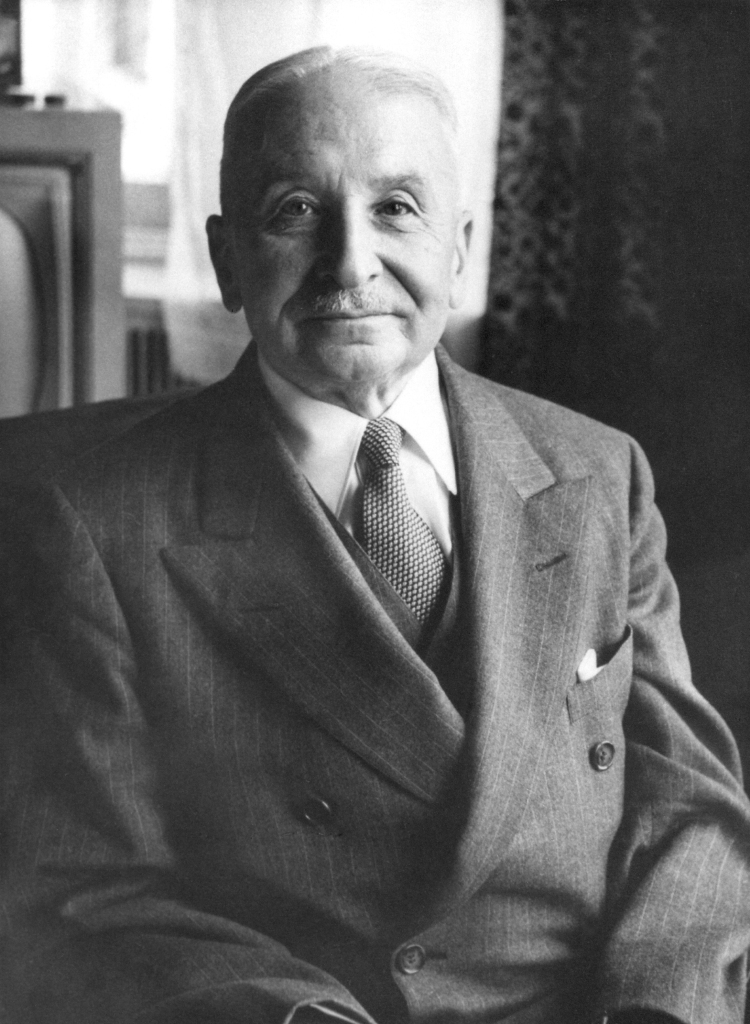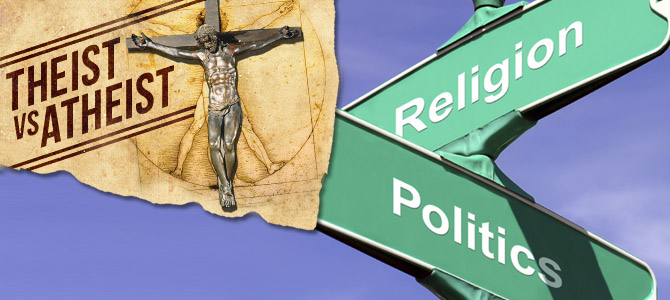Understanding Triggers and Microaggression as *Strategy* (Part 2) [Good Life series]
Micro-aggression theory could be seen a sign of progress. The luxury of obsessing over tiny hints of racism or sexism implies that the problem of macro-aggressions has been solved. If your environment — to draw a parallel — is dirty and unhealthy, then you focus on the big messes first. Only when those are cleaned […]
Understanding Triggers and Microaggression as *Strategy* (Part 2) [Good Life series] Read More »







